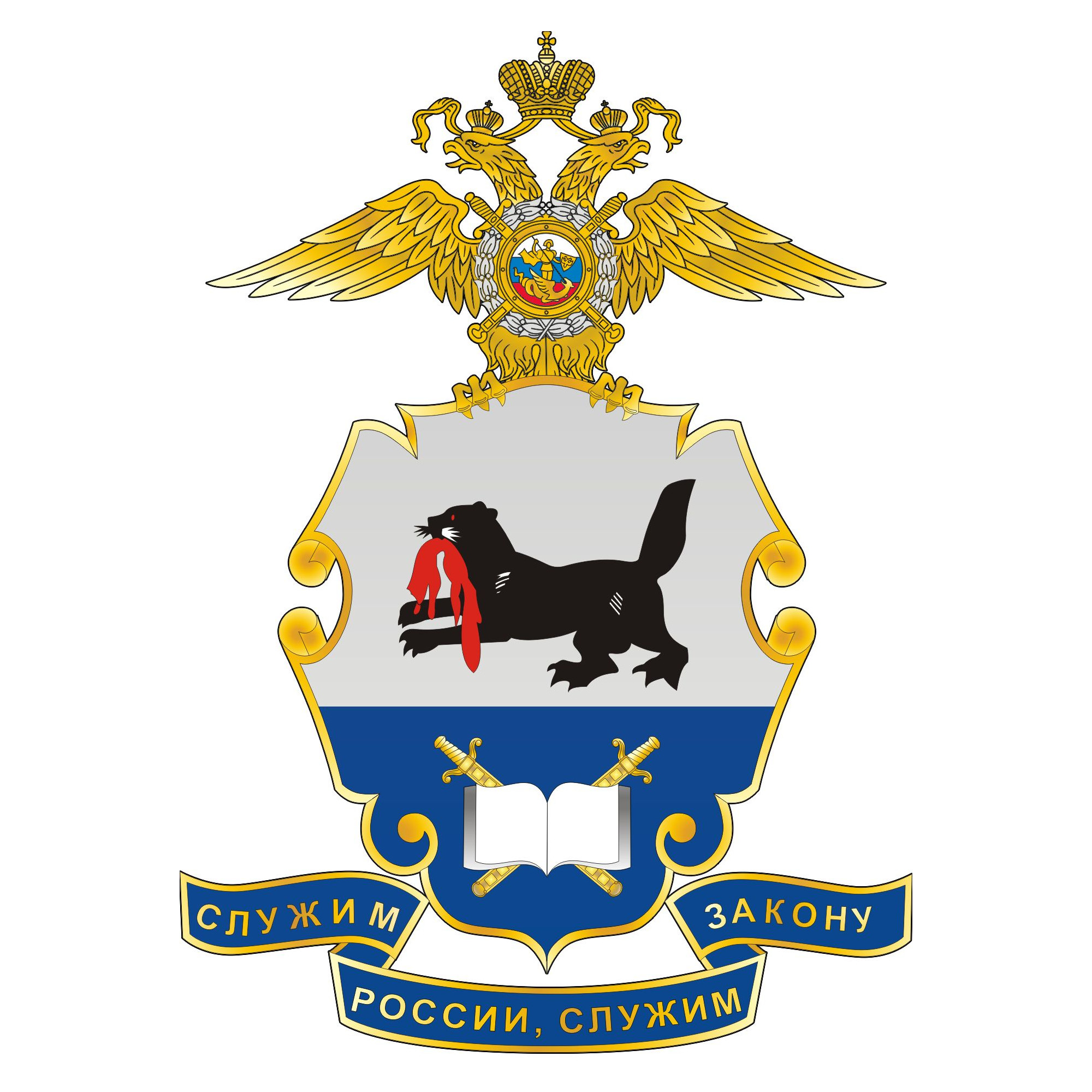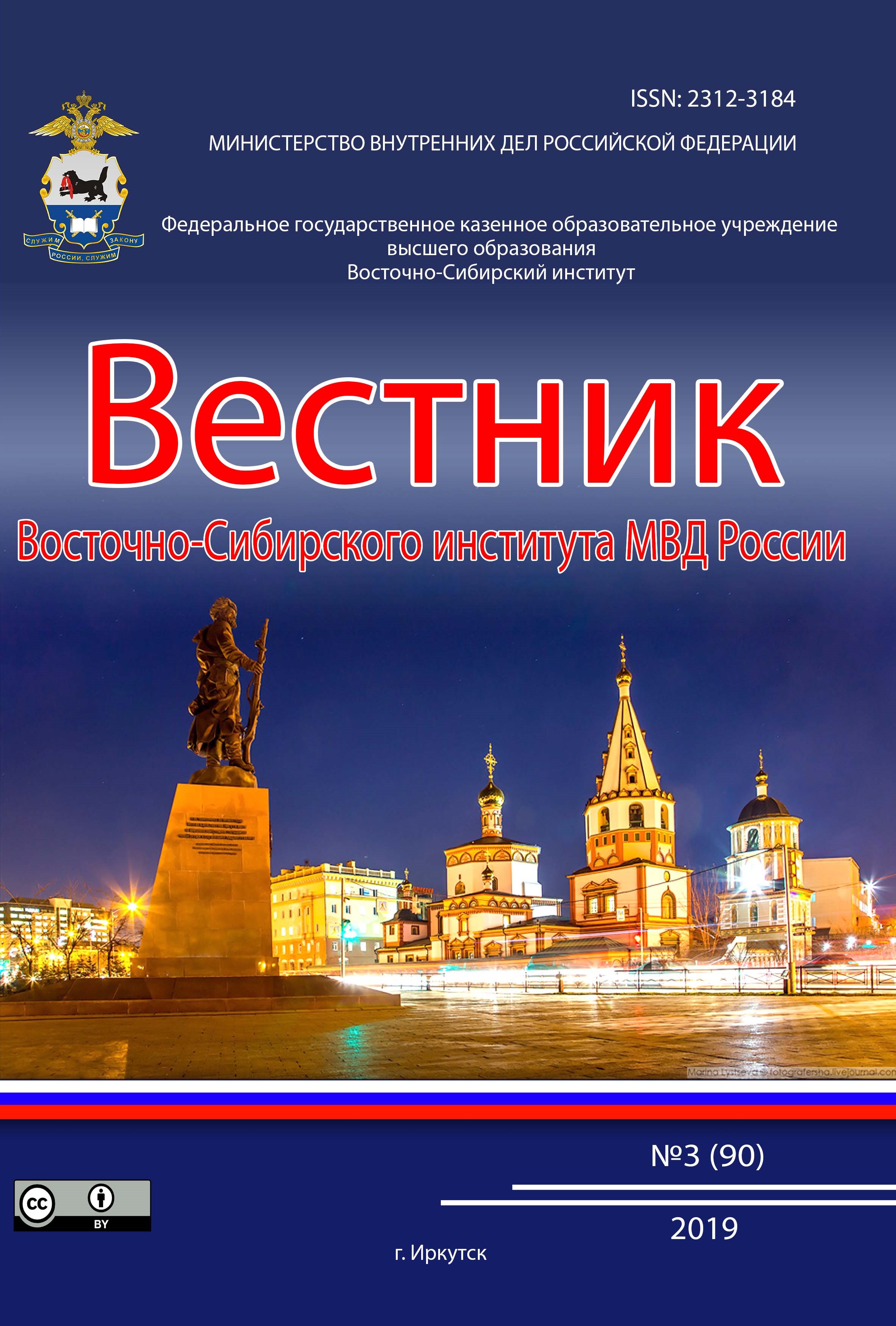Introduction: at the moment, the security of society and the state de-pends on many circumstances. In particular, among scientists and practitioners there is a growing confidence that the designated security can be seriously threatened by the increasing growth of innovative components in the field of artificial intelligence every year. For this reason, the author conducted a crimi-nological study of possible threats to public and state security that occur against the backdrop of the rapid growth of digitalization, as well as the desig-nated technologies. Identification and subsequent detailed study of potential risks in the area under consideration is primarily necessary in order to identify negative consequences, as well as their further minimization. Materials and methods: based on the theoretical premises of this study, its methodological basis was a variety of scientific data and multiple sources of information, which provided an opportunity for the most complete and objec-tive assessment of the potential threats posed by innovative processes in the field of the technologies under consideration. In the process of research, the au-thor generalized the information obtained on the analyzed issues, including those presented in scientific works prepared by domestic and foreign special-ists. In the process of preparing the study, the author used general scientific and special methods of cognition, in particular statistical, system-structural, logical analysis, systems approach, systematization and processing of infor-mation data. The methodology used significantly contributed to the conduct of this criminological study. The results of the study: the issues under consideration showed that de-spite the significant predictability and predictability of a number of processes of digitalization of modern society, it is still extremely difficult to make fore-casts regarding all possible negative consequences after the inclusion of new technologies in the legal field, as well as in all spheres of public life. At the same time, from the moment that systems operating on the basis of artificial intelligence manage to reach the maximum level in their development, they will be able to exceed human capabilities in all areas of their life. The development of these technologies should alert humanity to the emergence of catastrophic risks. The conducted criminological research showed that, for the most part, experts and legal scholars assess the potential threats arising from criminal ac-tivities based on the use of new technologies in a number of main areas (crimi-nal harm, criminal proceeds, reachability, susceptibility) in this regard, in the future in order to counter potential risks and threats must adhere to these vec-tors. Conclusions and conclusions: the author comes to the conclusion that, taking into account the risks of using new technologies, it is important to in-crease and improve the level of security in the process of their use. In order to more effectively prevent the threats under consideration, it is necessary to im-mediately develop and implement the entire anti-criminal resource in the area under study. The introduction of the latest developments in the field of fore-casting analyzed risks should become a priority in the current government pol-icy. It is also important to adopt legal norms to regulate various legal relations in the area under consideration. It is imperative that in the short term a series of scientific studies be conducted to more accurately and completely formulate the necessary requirements aimed at implementing preventive measures in the field of crime using devices based on new digital technologies.
criminological research, public safety, new technologies, processes of digitali-zation of society, the danger of machine learning, threats of digitalization, causes of crime, combating crime, law enforcement agencies, risks caused by robotics, implementation of scientific developments, law enforcement practice, combating digital crime, ensuring digital security
1. Smolin D.V. Vvedenie v iskusstvennii intellekt: konspekt lektsii [Introduction to artificial intelligence: lecture notes]. M. Fizmatlit, 2004, 208 p.
2. Charniak E., McDermott D. Introduction to Artificial Intelligence. Massachusetts: Addison-Wesley, 1985, 57 p.
3. Safaralizoda H.K. Vizovi i ugrozi nauchno-tekhnicheskogo i tekhnologicheskogo progressa [Challenges and threats of scientific, technical and technological progress]. Izvestiya Instituta filosofii, politologii i prava imeni A. Bakhovaddinova Natsionalnoi akademii nauk Tadzhikistana – News of the Institute of Philosophy, Political Science and Law named after A. Bakhovaddinov of the National Academy of Sciences of Tajikistan. 2021, no. 3, pp. 97‒102.
4. Sokova A.A. Iskusstvennii intellekt: vozmozhnosti i neobkhodimost yego ugolovno-pravovoi okhrani [Artificial intelligence: possibilities and necessity of its criminal legal protection]. Molodoi uchenii – Young scientist. 2019, no. 16(254), pp. 122-125.
5. Schwab K. Chetvertaya promishlennaya revolyutsiya [The Fourth Industrial Revolution]. M. Eksmo, 2020, 288 p.
6. Balatsky E.V. Globalnie vizovi chetvertoi promishlennoi revolyutsii [Global challenges of the fourth industrial revolution]. Terra Economicus. 2019, vol.17, no. 2, pp.6‒12. DOI:https://doi.org/10.23683/2073-6606-2019-17-2-6-22
7. Kobets P.N. Prichini i usloviya negativnikh posledstvii, voznikayushchikh v protsesse tsifrovizatsii, i meri ikh preduprezhdeniya [Causes and conditions of negative consequences arising in the process of digitalization, and measures to prevent them]. Vestnik Ufimskogo yuridicheskogo instituta MVD Rossii – Vestnik of the Ufa Legal Institute of the Ministry of Internal Affairs of Russia. 2024, no. 1(103), pp. 93‒101.
8. Kobets P.N. Kriminologicheskaya otsenka vozmozhnikh riskov pri uslovii razvitiya tekhnologii «silnogo» iskusstvennogo intellekta [Criminological assessment of possible risks subject to the development of “strong” artificial intelligence technologies]. Filosofiya prava – Philosophy of Law. 2024, no. 1(108), pp. 142‒148.
9. Kai Fu Lee. Sverkhderzhavi iskusstvennogo intellekta. Kitai, Kremnievaya dolina i novii mirovoi poryadok. [Superpowers of artificial intelligence. China, Silicon Valley and the new world order]. M.: Mann, Ivanov and Ferber, 2019, 240 p.
10. Bryantseva O.V., Bryantsev I.I. Problema subektnosti iskusstvennogo intellekta v sisteme obshchestvennikh otnoshenii [The problem of subjectivity of artificial intelligence in the system of public relations]. Vestnik Povolzhskogo instituta upravleniya – Vestnik of the Volga Institute of Management. 2023, vol. 23, no. 3. pp. 37‒50. – DOIhttps://doi.org/10.22394/1682-2358-2023-3-37-50.
11. Larina E.S., Obninsky V.S. Iskusstvennii intellekt. Etika i pravo. («Kollektsiya Izborskogo kluba») [Artificial intelligence. Ethics and law (“Collection of the Izborsk Club”)]. M.: Book. world, 2020, 192 p.
12. Sutherland A.A. et al. Sexual Violence Risk Assessment: An Investigation of the Inter¬rater Reliability of Professional Judgments Made Using the Risk for Sexual Violence Protocol. International Journal of Forensic Mental Health. 2012. Vol. 11. No. 2. P. 571‒588.
13. Turing A. Vichislitelnie mashini i razum [Computing machines and intelligence]. M.: Publishing house AST, 2019, 128 p.
14. Bychkov V.B., Prorvich B.A. Iskusstvennii intellekt v borbe s prestupleniyami, sovershaemimi po ekstremistskim motivam, s ispolzovaniem Interneta [Artificial intelligence in the fight against crimes committed for extremist reasons using the Internet]. Sovremennoe ugolovno-protsessualnoe pravo - uroki istorii i problemi dalneishego reformirovaniya – Modern criminal procedural law - lessons from history and problems of further reform. 2020, vol. 1, no. 1(2), pp. 34‒49.
15. Ageev V.V. [Big data and artificial intelligence in the service of the police]. Strategicheskoe razvitie sistemi MVD Rossii: sostoyanie, tendentsii, perspektivi: Sbornik statei Mezhdunarodnoi nauchno-prakticheskoi konferentsii, Moskva, 30 oktyabrya 2019 goda [Strategic development of the system of the Ministry of Internal Affairs of Russia: state, trends, prospects: Collection of articles of the International Scientific and Practical Conference, Moscow, October 30, 2019.]. Moscow, 2019, pp. 11‒23.
16. Ishbuldin T.R., Kirpichnikov D.V. [On some aspects of the use of artificial intelligence for criminal purposes]. Tambovskie pravovie chteniya imeni F.N. Plevako: Materiali IV mezhdunarodnoi nauchno-prakticheskoi konferentsii. V dvukh tomakh, Tambov, 22–23 maya 2020 goda Tambov: Izdatelskii dom «Derzhavinskii» [Tambov Legal Readings named after F.N. Plevako: Materials of the IV international scientific and practical conference. In two volumes, Tambov, May 22–23, 2020.]. Tambov, 2020, pp. 408‒412.
17. Virich, Yu. A. Kriminalisticheskoe protivodejstvie novym sposobam sovershenija prestuplenij na osnove tehnologij iskusstvennogo intellekta [Criminalistic counteraction to new ways of committing crimes on the basis of artificial intelligence technologies]. Epomen. Global. 2023, no. 39, pp. 42-49.
18. Kobets P.N. Neobkhodimost razrabotki mer ugolovno-pravovogo preduprezhdeniya prestuplenii, sovershaemikh pri pomoshchi tekhnicheskikh sredstv, ispolzuyushchikh tekhnologii iskusstvennogo intellekta [The need to develop measures for criminal legal prevention of crimes committed with the help of technical means using artificial intelligence technologies]. Yurist-Pravoved – Lawyer-Private. 2024, no. 1(108), pp. 135‒140.
19. Kravtsov D.A. Iskusstvennii razum: preduprezhdenie i prognozirovanie prestupnosti [Artificial intelligence: crime prevention and forecasting]. Vestnik Moskovskogo universiteta MVD Rossii – Vestnik of the Moscow University of the Ministry of Internal Affairs of Russia. 2018, no. 3, pp. 108‒110.












